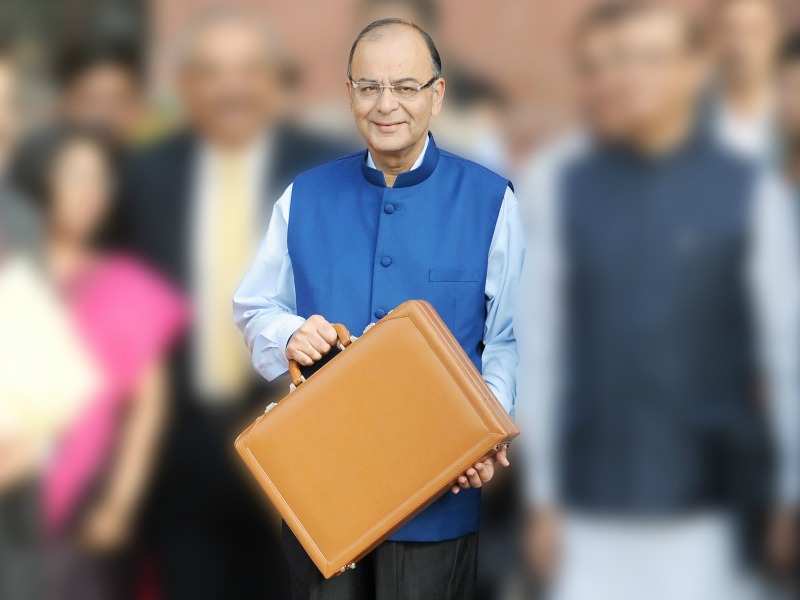
The
One of the key announcements made in the domain of financial sector was the decision to do away with the
$4
FIPB had come into existence under the Prime Minister's Office in the wake of the economic liberalization drive of the early 1990s. The scrapping of FIPB to ease the inflow of Foreign Direct Investment can be regarded as a forward-looking approach, as it envisages foreign companies to invest in the country with ease.
The elimination of FIPB will see only 10% of the foreign investment approvals go to the Board while 90% done via the automatic route. The latest move will delegate more powers to the regulators or to the individual ministries or departments that require government approval.
Currently, FIPB offers single-window clearance for applications on FDI in India that are under the approval route. The
This shows the government’s commitment to eradicating red-tapism and boost foreign investment in the country. The government has further taken up a number of reforms to liberalize the FDI regime. Over the past two years, the Centre liberalized 15 sectors for FDI along with some sweeping amendments introduced to the FDI policy in seven sectors, including civil aviation, defense, and pharmaceuticals. With the chances of more FDI money being infused into start-ups, this move is bound to promote new ventures in several underserved sectors of the economy.
$4
The Centre has also laid emphasis on a cashless economy and the government’s decision to demonetize high-denomination currency notes on November 8, 2016, has made people shift to e-wallets and other payment options in a massive way. Several e-commerce companies have benefitted due to the shift towards cashless payments, and, the government believes that with greater digitization comes higher GDP growth.
In a bid to promote cashless transactions, The
The FM’s proposal for start-ups to avail a three-year tax holiday in the first seven years of their operations has come as a relief for several new and upcoming e-commerce entities. This will be a welcome move for start-ups set up post-March 31, 2016, as they will now be able to enjoy tax benefits. E-commerce companies can make the most of the tax relief, as they will be able to allocate these funds in adopting newer technologies, hiring skilled resources, implanting newer strategies, etc. This will also enable e-commerce companies to create more job opportunities and strengthen their core teams.
On the other hand, while the industry expected the elimination of Minimum Alternate Tax (MAT), the FM has allowed carrying forward MAT up to a period of 15 years instead of 10 years at present. While this decision has not gone down well with all the entrepreneurs, the extended carry forward of MAT credit will enable companies to offset their future tax liabilities once the profit-linked investments are phased out.
The tax-reduction revenues for companies with a turnover of up to Rs 50 crore to 25% from an earlier 30% will be beneficial to 6.67 lakh companies in India. This will prove to be a big relief to the emerging e-commerce companies. However, certain quarters found the lack of mention of Angel Tax for early-stage startups in the
$4
Overall, the budget sends out a message to investors that India anticipates a rapid growth. The liberal FDI policies, removal of FIPB, a host of tax measures along with initiatives proposed to build a digital India shows that the government is poised to reignite the country’s growth engine and run a stable race in an increasingly uncertain economy.
This article was originally authored by Rashi Menda, CEO & Founder, Zapyle
